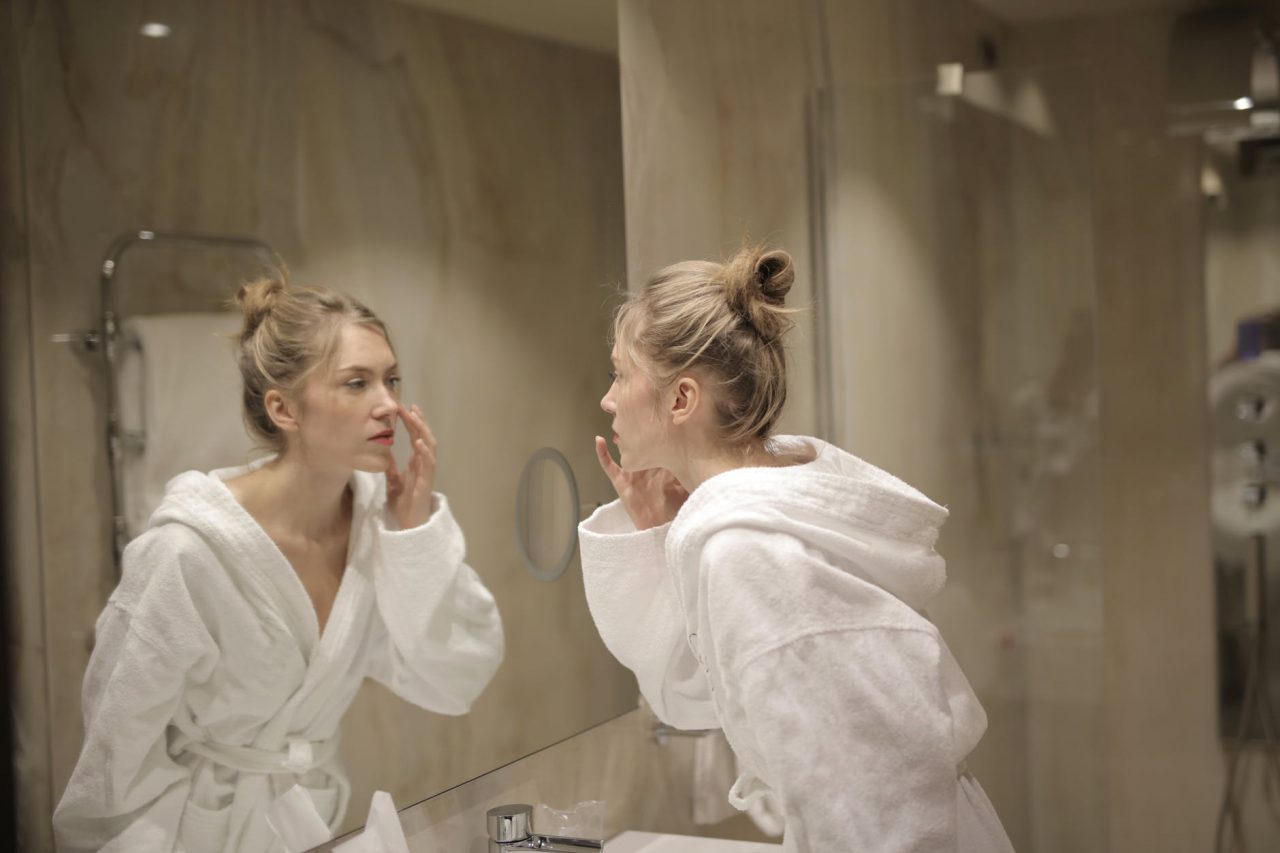When you think of a beauty routine, you may picture lots of exfoliating and moisturizing along with sunscreen, face wash, toner, face masks. What would you think if I told you food and supplementation is part of my beauty routine? According to several studies, diet plays a significant role in our beauty, there are some good things we can include in our diet like water, collagen, and antioxidants that would work in our favor. On the other hand, there are some foods that may even harm our health, such as excess refined sugars, alcohol, among other food and beverages.
One of the best, but often overlooked, nutrients are antioxidants. In the world of beauty, antioxidants just don’t get as much attention as they deserve. So, here we’ll discuss what they are and the reason our skin needs them!
The problem? Free radicals.
Antioxidants wouldn’t mean much without free radicals. Every day our bodies produce free radicals through normal metabolic processes, but we are also exposed to toxins in the environment which contribute to the formation of more free radicals. Oxidative stress occurs when there is an imbalance between free radicals and antioxidants.
Smoke, alcohol, and UV rays among other factors lead to these free radicals. Some of the things that cause oxidative stress are unavoidable and our skin suffers as a result.
Skin
Our skin’s purpose is to protect our bodies from the external environment. It’s known as the first line of defense for immunity, so it takes the first hit, literally, when our body is attacked from the external environment.
Our skin has a lot to protect. Skin is the largest organ of our body and makes up more than 1/6 of our total body weight. (2) Most beauty products will only reach the surface which is why nourishing the skin from within is essential to maintain its health and appearance.
Skin damage resulting from free radicals manifests in several ways—wrinkles and discoloration being the main forms. These unstable atoms cause damage to our DNA leading to changes in our skin, as we age it may become more difficult for our skin to regenerate and recover from the damage. (10)
The solution? Antioxidants.
Luckily, we know how to neutralize free radicals with antioxidants.
Antioxidants are easily accessible for most people through supplementation, food, and beauty products (topical creams/serums).
Food sources:
Antioxidants are found in most fruits and vegetables, berries being one of the most abundant sources. Other great sources are citrus fruits, peppers, and some beans.
There’s more great news. Even some of your favorite treats contain antioxidants. Wine contains resveratrol, a very powerful antioxidant. One glass is more than enough to see these benefits, too much could have negative effects.
For pregnant women, minors, and anyone else who may be avoiding alcohol, you still have options! Dark chocolate is one of them. Dark chocolate contains flavanols and polyphenols (antioxidants). But just like the wine, a little goes a long way, no need to overindulge.
Supplements
I get it, some people aren’t big fans of vegetables, fruit, wine or chocolate, no worries you still have options. You can still get a variety of antioxidants that serve the same purpose as those found in food.
Astaxanthin has a skin protective mechanism, as it serves as an antioxidant. (1) (6)
Try our Astaxanthin
This powerhouse carotenoid helps you maintain healthy cells for widespread wellness support.*
Selenium assists the antioxidant glutathione peroxidase already found in our skin, to remove harmful substances.
Carotenoids prevents cellular damage and premature aging. Its anti-inflammatory agents prevent the formation of free radicals. It is found in our Foundational Multi.
Vitamin C antioxidant, most common source found in food
CoQ10 is a powerful antioxidant with anti-aging properties.
Lycopene is a free radical scavenger.
Topical
While ingesting a well-rounded diet with antioxidants, you can always go a step further. One research study shows that any protective form of an antioxidant will decrease the amount of oxidative stress. (3) There are many products in the beauty industry that now include Vitamin C, Vitamin A, and Vitamin E (all antioxidants), they may come in serum, cream or spray form.
My simple beauty routine
- Take my Persona Vitamins
- Wash my face
- Moisturize
- Eat a colorful snack (bell pepper, orange)
Want to find supplements that are right for you? Take our free assessment for personalized vitamin recommendations based on your health, diet, lifestyle, and prescription medications. The highest quality vitamins are delivered to you every month in convenient daily packs.


